CRUSADING CONSUMERS EMERGE FROM LOCKDOWN CHAMPIONING CHARITY

Despite living in a COVID bubble for the past year, Australian consumers have come out swinging in favour of companies that support charities.
New research (launched 29 October 2021) reveals that during lockdown, Australians have become more concerned about social and environmental issues, and they’re demanding that the corporate sector step up and show leadership in solving social issues. 62% of Australians say that during COVID, they’ve re-evaluated their priorities in life, and if buying a product or service, they’d rather buy from companies doing good.
The Conscious Consumer Report 2021, reveals the Conscious Consumer movement has reached a mass market peak, with a new kind of activist consumer emerging from lockdown – the Crusading Consumer.
The research by Di Marzio Research and BePartnerReady.com®, conducted in August 2021, reveals that just under two-thirds of Australians believe that Corporate Australia, of all the institutions, has the greatest potential to solve societa...
THE FIRST DATE WITH A CORPORATE
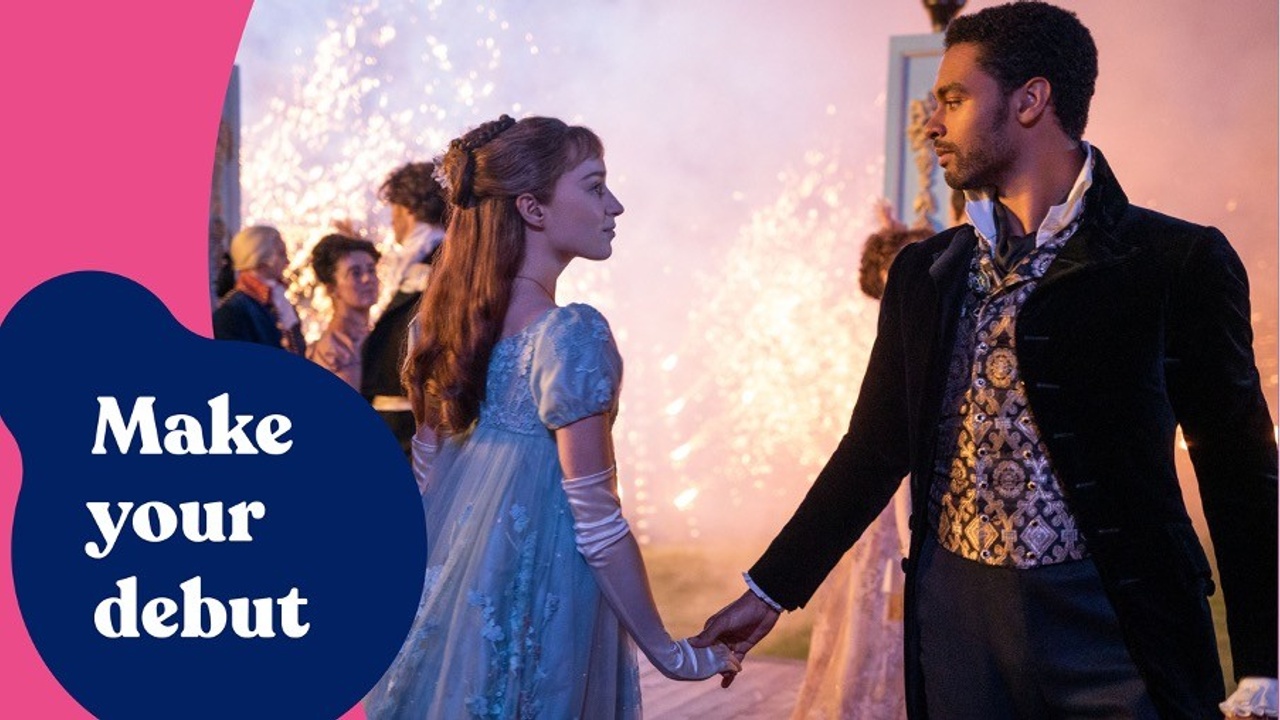
When meeting a corporate for the first time, it’s a little like First Dates. Or, for those of you that have been binge watching Bridgerton – a Debutante ball.
Aaah Bridgerton. A period drama that’s oh so proper and oh so naughty. With a mightily fine Duke of Hastings that’s far from stuffy.
What I love about this show – and why it makes me think of corporate partnerships – is that Daphne, the protagonist, is a modern lass who knows her worth. She is presented (via that antiquated idea of a Debutante ball) to a whole host of seemingly appropriate suitors, and yet she holds out for her perfect match.
Too many non-profits are just not fussy enough. Often, through lack of preparedness or robust thinking, they partner with a company that doesn’t value them, creates overservicing and burnout, and are not there for the right reason.
I encounter many non-profits with very nervous Boards when it comes to corporate partnerships. And yet at the same time, they expect staff to negotiate w...
ANYTHING CAN HAPPEN
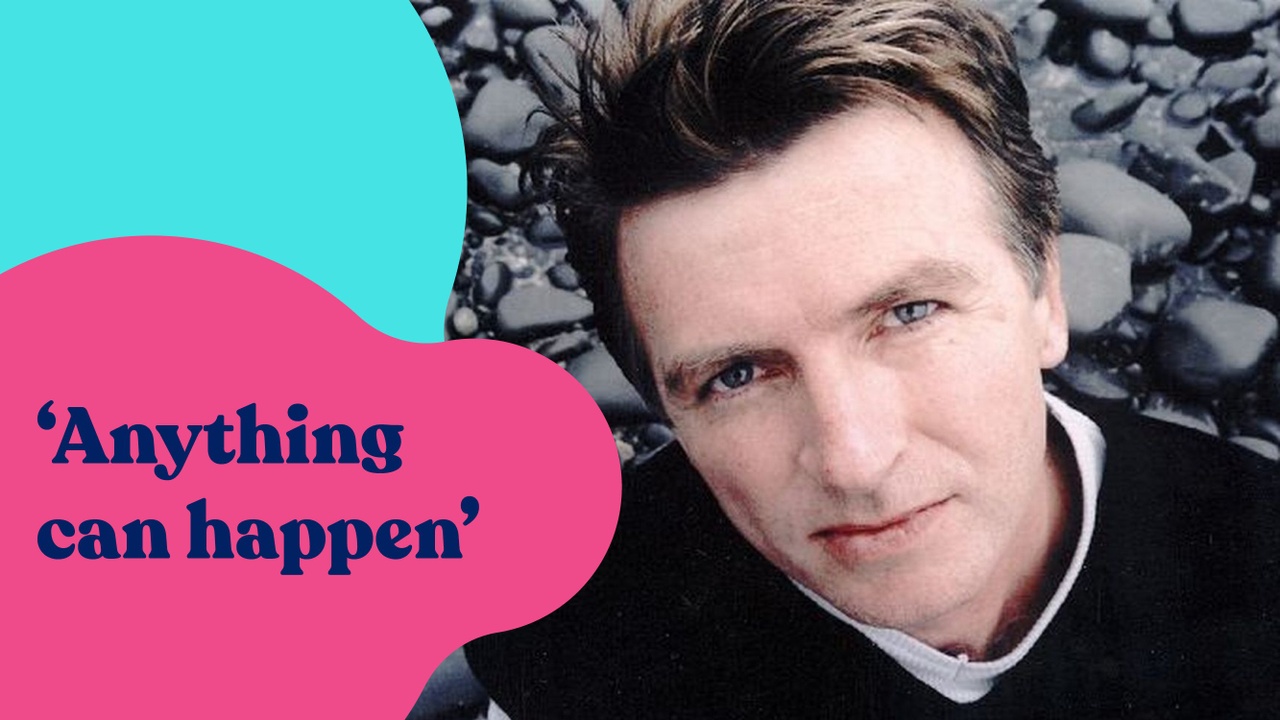
I know that Aussies & Kiwis squabble over ‘ownership’ of Crowded House, but there’s no disputing that Neil Finn is a certified rock legend. The New Zealander is a multi-talented musician, prolific writer of timeless, memorable songs, and was awarded an OBE.
He didn’t just BECOME a rock legend. It took years of hard work, practice and honing of his craft. At age 12, encouraged by his piano-playing mum, he declared himself a musician. Performing at family functions, folk clubs and prisons, he performed self-penned songs. His first band, After Hours, failed. He then joined Split Enz, earning critical acclaim. International stardom with Crowded House took another decade of relentless writing, recording and touring.
Success rarely happens in any field without hard work and preparation. And yet, when it comes to winning corporate partnerships, I witness some non-profit boards set unrealistic targets, fail to provide training or a roadmap to follow, sending out ill-prepared fundraisers...
PROSPECTING FOR GOLD
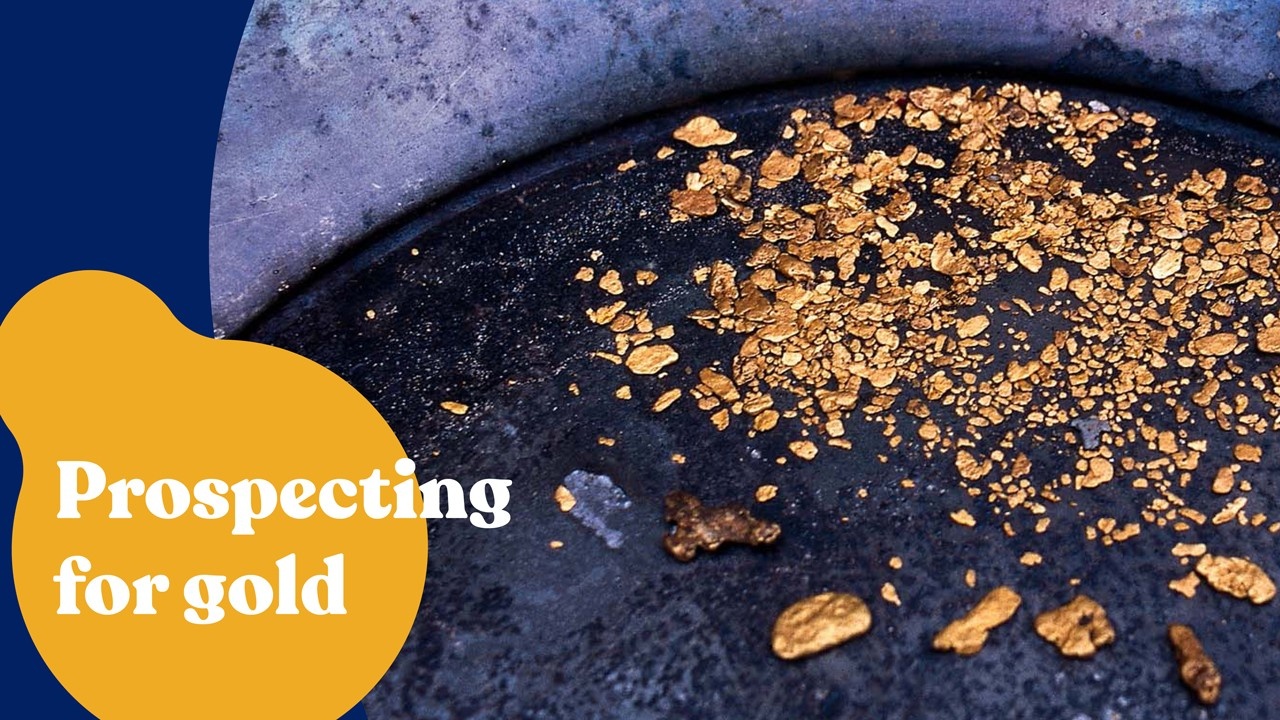
Identifying corporate prospects is a little like prospecting for alluvial gold. You can’t just expect to walk up any old mountain river and low and behold, ‘there’s gold in them there hills!’ You need knowledge and history of the terrain, as well as the geology. You need to have the right equipment and approach in the right season (when the water is low, and gold is easier to access). And you need three more things – preparedness to work hard, the ability to think on your feet and a dollop of good luck.
When I first started working in corporate partnerships, in 1991 at the NSPCC in London, I was an enthusiastic but green prospector. I was fortunate to be representing a cause and charity that was well renowned and that helped, as many corporate prospects came to us. But boy did I waste time!
When I came to Australia I truly saw the corporate sector as a mountain. One single mountain. And realising that there were actually four peaks to a mountain range really helped me to focus....
KNOW THY VALUE

A business partnership is a little like a marriage – there is usually a common purpose, shared values, collaboration, and mutual benefit. And a whole lotta love. Partnerships (and indeed marriages) often fail when there’s no mutual trust or give & take.
All partnerships work well when each partner brings something of value to the other. Especially a corporate-cause partnership. And yet many non-profits approach a company inviting them to become a ‘partner’ when they don’t have clarity on what they can actually offer to a company, or brand. Warm fuzzies? Great stories for social media? Making a difference? All that’s lovely, but it’s not very tangible and hard to value so it won’t cut it with hard-nosed marketers, strategic CSR managers or bottom-line-focused CEO’s. Especially in the current tough economic environment.
This month our students are finalising their Assets Inventory, a technique I developed some years ago that’s constantly evolved. The Assets Inventory enables you to ca...
KNOW THYSELF – THE PATH TO WISDOM
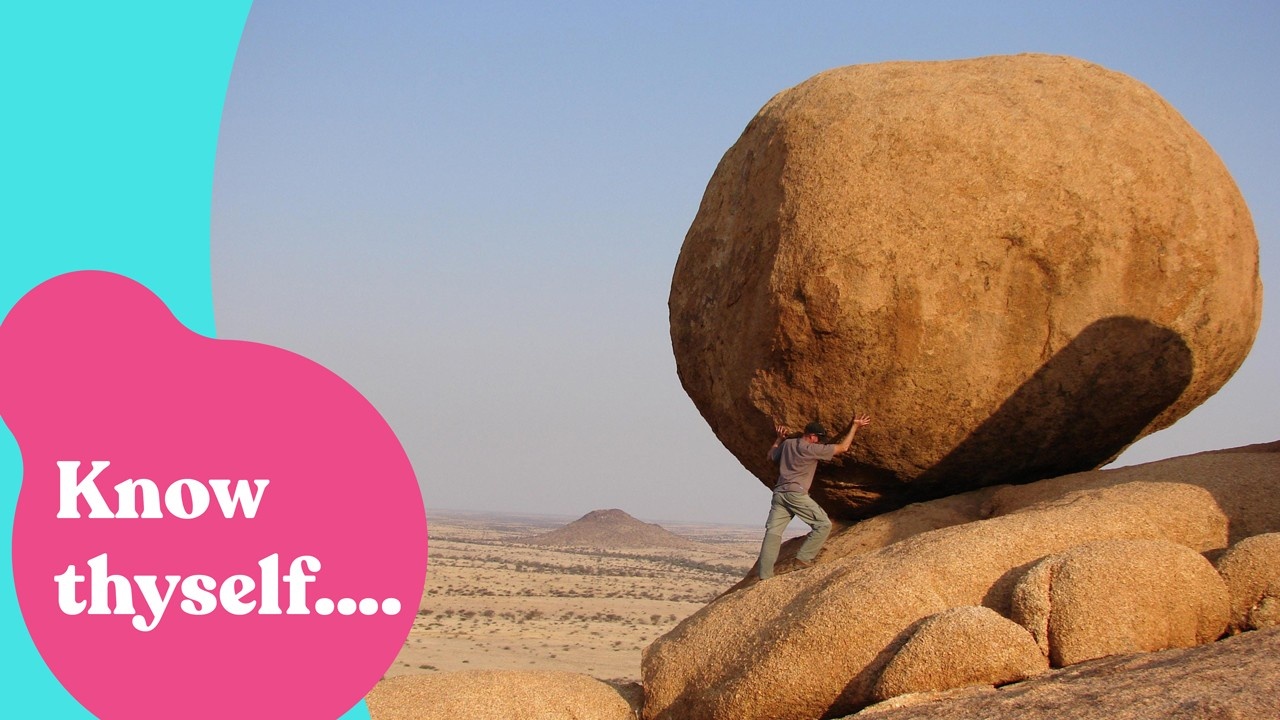
You’ve probably heard of the good ol’ SWOT analysis. A business imperative that’s one of the first things you’re often taught in any sort of business/marketing/communication course.
For those unaccustomed, a SWOT is a technique used to help an organisation identify their Strengths, Weaknesses, Opportunities, and Threats, often related to competitors or feasibility planning.
Whilst a useful and insightful tool, the common pitfall with a SWOT is that it gets completed, filed on an organisations’ sharedrive, never to be touched, looked at, or reviewed again. This is often because it can be quite a confronting exercise, and it’s human nature to avoid things which are hard! Students in the BePartnerReady.com® program this year have just completed their SWOT, but our version is a SWOTA, with an all-important A for Action for each category. The A turns an insightful but confronting document into problem-solving plan of action.
The other pitfall with a normal SWOT is that it’s often too...
DO YOU KNOW WHERE YOU'RE GOING?
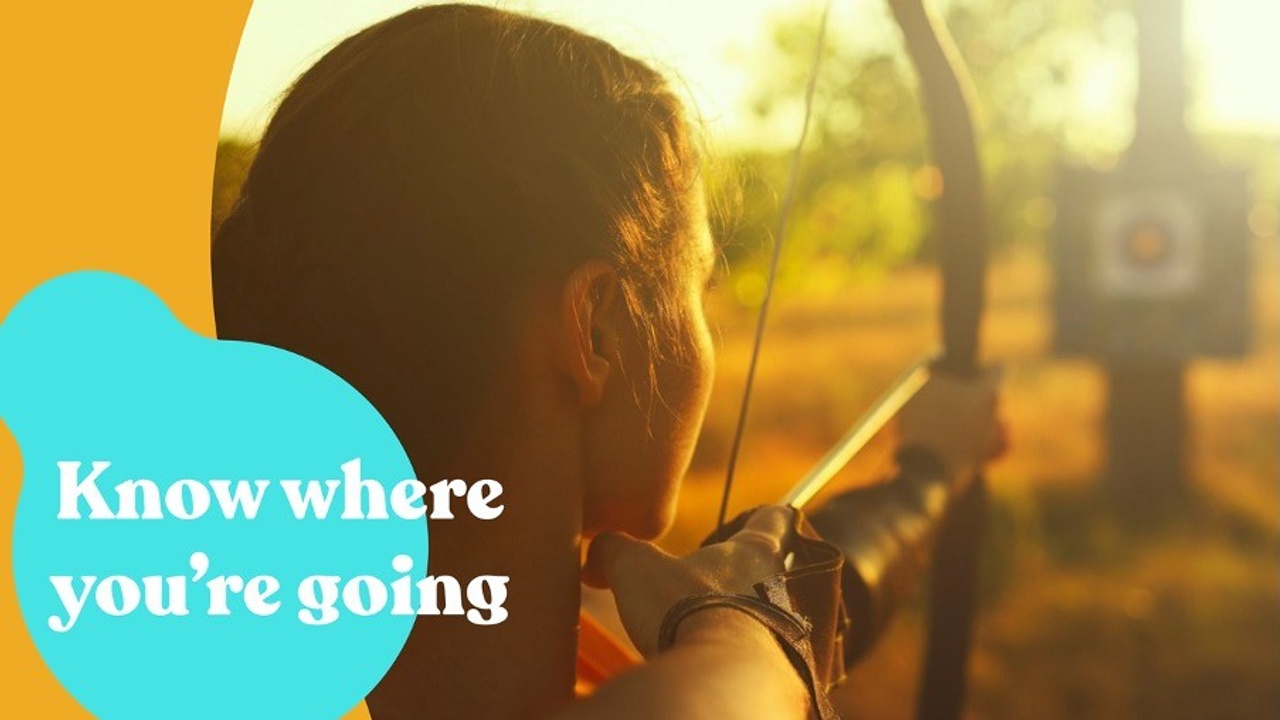
As Yogi Berra once said “if you don’t know where you’re going, you’ll end up somewhere else”.
That’s why the BePartnerReady.com® process starts with setting an intention for corporate partnerships.
There’re 3 good reasons to set an intention:
1. Focus
It gets you focused on a clear outcome so you can concentrate all your energy on that, and avoid distractions and so-called ‘opportunities’ that throw you off course. Changemakers can’t waste a drop of precious time. There’s a world of science behind the power of intention setting – in essence it helps you to see into the future, create a plan and stay on track until it’s achieved.
2. Enrolment
The majority of changemakers do not operate in a vacuum – they’re part of a broader team with BHAG’s[1] to achieve. Having a clear statement of intent (Intention) helps to enrol team members, management and board to support & assist you. Even better, get them involved in the creation of the Intention and they’ll not only support it but OW...
READY, STEADY WOAH HOLD YOUR HORSES!
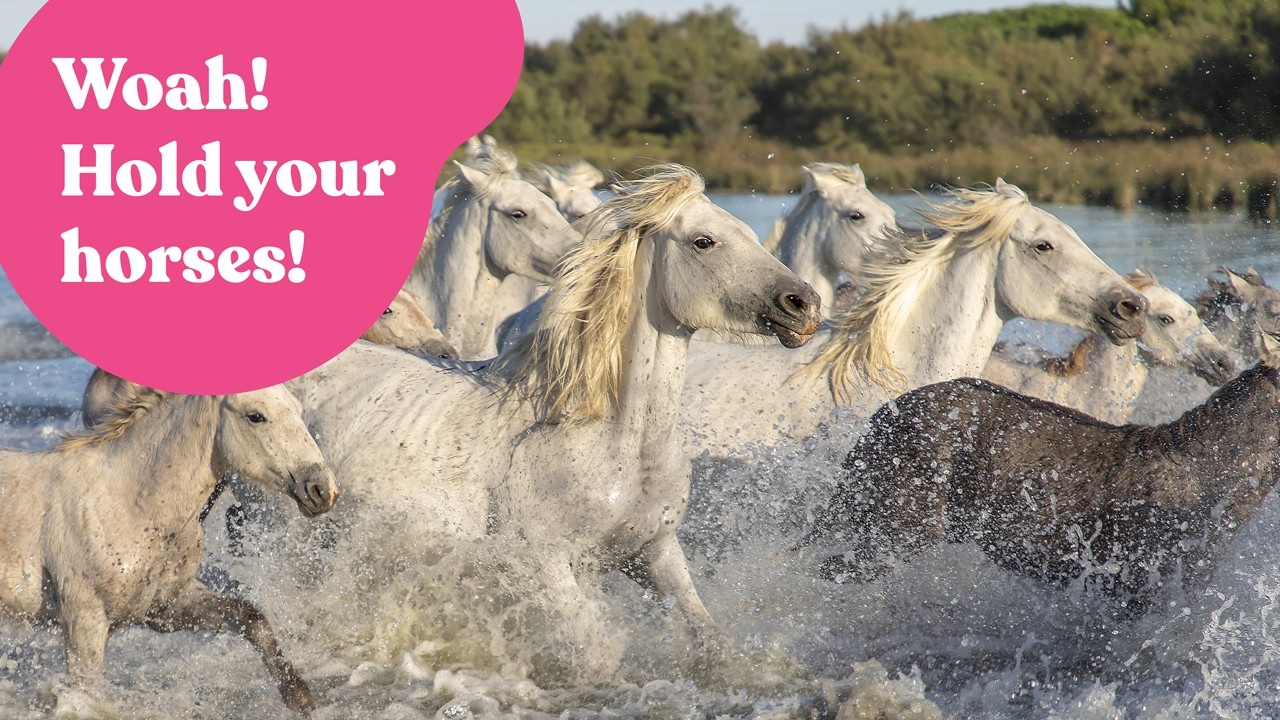
When embarking on a corporate partnerships strategy, it’s critical to know that there are two levels of readiness. Often when non-profits and social enterprises consider commencing a corporate partnerships strategy, their first action is to ask the board for contacts within the business sector. There’s nothing wrong with that, but it’s something that should be done way down the track, and certainly not at the start.
Why? Because there is a conversation to be had prior to engaging your Board in a strategy that could be doomed to fail, damaging your team’s credibility in their eyes and wasting their time and contacts.
What’s the conversation?
The conversation starts with three questions.
1) Are we ORGANISATIONALLY ready to pursue corporate partnerships
2) are we PARTNER ready so that our investment will produce a result and
3) WHY do we want a corporate partner?
If you haven’t asked these questions start now.
After the pandemic, and whilst companies are rebuilding their business...
LESSONS LEARNED FROM A GIANT ‘LIQUORISH ALL SORTS’ SCULPTURE
I spent the Christmas holidays indulging in passion – making stuff (calling it ‘art’ is a bit of a stretch). I invaded my husband’s workshop (he’s a proper artist, unlike me) and threw myself into making a sculpture that’s been nudging my subconscious for years saying ‘make me, make me’. Creating helps me to relax & get away from the screen – but most of my projects never see the light of day. I usually abandon them midway, realising that my skills don’t match my vision, and the half-finished projects litter the storeroom.
This time something was different. As I erected my completed giant ‘liquorish all sorts’ sculpture at the front of our driveway (a welcome to ‘all-sorts of people’ – burglars and psychopaths aside) I reflected on why this one was successful.
It really came down to three critical factors:
1) Preparation
I spent a few months researching what liquorish all sorts look like, working out the correct scale, sourcing the 3,500 beads to adorn the blue bobbly on...
DATA DRIVES DECISIONS

London, 1980’s: My padded shoulders, permed hair and I, worked with leadership teams and marketing managers within multinational companies (Unilever, J&J, Cadbury’s to name a few). Upon arriving in Australia in 1994, I began working with amazing Australian companies through my company Cavill + Co, advising on their CSR & building partnerships for blue chips including Disney Australia, AMP, Mondelez, Vodafone, SEEK and many more.
I’ve acquired so much knowledge rubbing shoulders with corporates, but a vital learning is that data drives decisions in most corporations and brands. Unlike non-profits (who tend to have an intuitive sense of what the community needs, and let’s face it, often don’t have the budget for large scale research projects), corporates and brands invest heavily in research to understand customer wants & needs, in order to predict – and deliver – services & products to meet them.
To understand corporate behaviour in this fast-changing world, we need to be constantly ...

